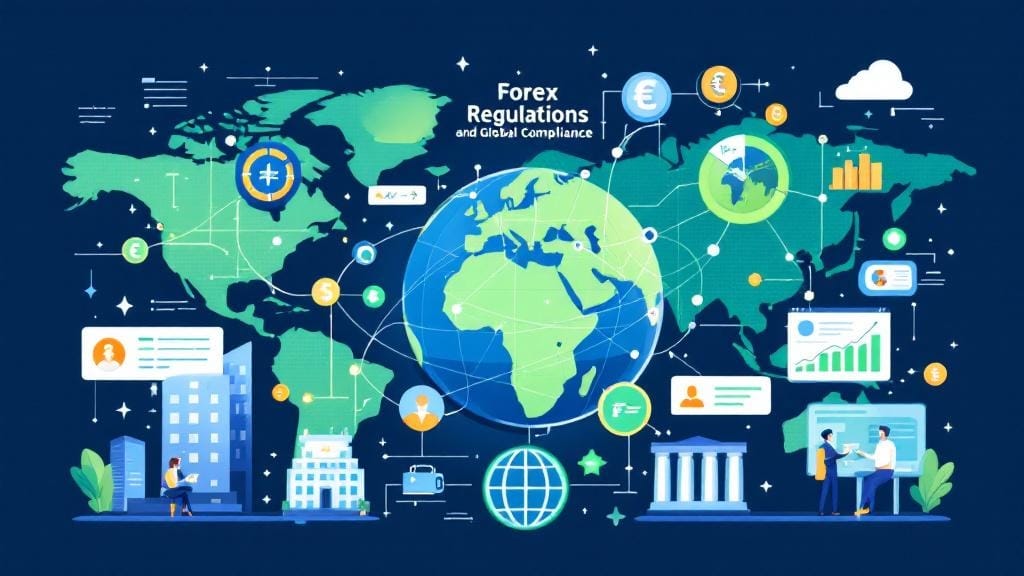When you’re drowning in bills and collectors are calling nonstop, you need more than advice—you need emergency debt relief services that work fast. Whether you’re dealing with overdue credit cards, medical bills, or personal loans, there are ways to get immediate help for debt problems. This guide breaks down fast, real-world debt solutions you can access today to ease financial pressure and avoid lasting damage to your credit or mental health.
💡 What Are Emergency Debt Relief Services?
Emergency debt relief services are programs designed to offer fast, short-term financial solutions for individuals or families facing a crisis. These services help reduce, restructure, or temporarily pause your debt payments so you can regain control without falling further behind.
People typically seek emergency relief when facing:
-
Job loss or reduced income
-
Medical emergencies
-
Divorce or separation
-
Natural disasters
-
Major unexpected expenses (like car or home repair)
🛑 Signs You Need Emergency Debt Help
Before diving into solutions, let’s assess your situation. You likely need emergency credit card debt help or urgent debt relief programs if:
-
You’re skipping meals or medicine to pay bills
-
You’ve maxed out all credit cards
-
Creditors are threatening legal action
-
You’re falling behind on rent, mortgage, or utilities
-
You’re overwhelmed and don’t know where to turn
⚡ Fast & Effective Emergency Debt Relief Services
Below are fast debt relief solutions and where to find them:
### 1. Credit Counseling Services (Free or Low-Cost)
What it is:
Certified nonprofit credit counselors assess your debt, income, and expenses. They may offer a debt management plan (DMP) with lower interest rates and waived fees.
Benefits:
-
One monthly payment
-
Stops collection calls
-
Can reduce total interest
-
Often zero upfront cost
Where to find it:
-
Local nonprofits or churches
### 2. Same-Day Debt Assistance from Relief Hotlines
What it is:
Some nonprofit organizations and financial hotlines provide same-day consultations and can begin helping within 24 hours.
Best for:
-
Crisis debt support
-
Quick debt management help
-
Emergency loan repayment support
Examples:
-
211.org (United Way)
-
Local community action agencies
💸 Immediate Financial Relief Services You Can Access
If you need cash or direct payment relief, consider these:
### 3. Temporary Financial Aid Programs
Examples:
-
Local or state government hardship grants
-
Utility payment assistance programs
-
Emergency rental or housing assistance
-
Late bill payment help options through your providers
Tip: Always call and explain your situation. Many companies have income-based hardship programs that aren’t widely advertised.
### 4. Emergency Loan Alternatives
Instead of payday loans (which can trap you in a cycle), explore:
-
Nonprofit emergency loans
-
Credit union hardship loans
-
Employer paycheck advances
-
Peer-to-peer lending options
Pro Tip: Check with your employer’s HR—some offer financial emergency support or partner with nonprofit financial wellness companies.
🔄 Debt Crisis Management Solutions
For more serious, long-term debt trouble, these strategies can give relief:
### 5. Rapid Debt Consolidation Options
How it works:
Merge multiple debts into one monthly payment, ideally with a lower interest rate.
Good For:
-
Credit card debt
-
Multiple personal loans
-
Avoiding missed payments
Options include:
-
Balance transfer credit cards (intro 0% APR)
-
Debt consolidation loans
-
Credit union options
### 6. Debt Settlement Assistance
What it is:
Negotiating with creditors to accept less than you owe. Works best if your debts are seriously delinquent.
Warning:
Can hurt your credit and may have tax implications. Make sure the provider is reputable and certified.
🏠 Preventing Bigger Issues: Foreclosure, Eviction & Legal Trouble
When you’re behind on major bills like mortgage or rent:
### 7. Foreclosure Prevention Help
-
Call a HUD-approved housing counselor
-
Request forbearance or loan modification
-
Explore federal programs like HAF (Homeowner Assistance Fund)
### 8. Eviction Prevention Services
-
Local legal aid offices
-
City-run rental assistance funds
-
Faith-based charities
🤝 Where to Find Trustworthy Help (Avoid Scams!)
Look for nonprofit debt relief organizations and avoid anyone who:
-
Charges large upfront fees
-
Guarantees results
-
Pressures you to sign up quickly
-
Isn’t certified by the NFCC or FCAA
Safe Sources:
-
NFCC – National Foundation for Credit Counseling
-
FCAA – Financial Counseling Association of America
-
State Attorney General websites
✅ Real-Life Example: How Sarah Got Out of Debt Fast
Sarah, a single mom in Chicago, lost her job unexpectedly. Within weeks, she had:
-
Missed 2 rent payments
-
Maxed out 3 credit cards
-
Racked up $7,000 in medical bills
She called 211 and was connected to a nonprofit credit counselor the same day. Within 48 hours:
-
Her credit card issuers agreed to lower her interest
-
She was enrolled in a debt management plan
-
She received temporary rental assistance through a local agency
Today, she’s on track to be debt-free in 24 months—without bankruptcy.
📘 FAQs About Emergency Debt Relief Services
1. What’s the fastest way to get help with debt today?
If you’re in crisis, call 211 for local assistance or visit NFCC.org to speak with a certified credit counselor. These are often free and same-day.
2. Are emergency debt relief services free?
Many nonprofit services are free or charge a very small monthly fee. Be wary of companies asking for large upfront payments.
3. Can I get temporary financial aid for bills?
Yes. Local governments, churches, and utility companies often offer temporary financial aid, especially for housing and utilities.
4. Is debt consolidation a good emergency option?
Yes—if you have steady income and qualify for low-interest options like a balance transfer card or personal loan. It simplifies payments and reduces stress.
5. What if I can’t pay rent or mortgage this month?
Act fast. Contact your landlord or mortgage lender and apply for foreclosure or eviction prevention programs through local housing agencies.
6. Do these programs hurt my credit score?
Not all do. Credit counseling and debt management plans typically don’t hurt your credit, while debt settlement can have a bigger impact.
7. Can I get help even if I have a job?
Absolutely. Income-based repayment plans and hardship options are available for people with income but not enough to cover bills.
🔚 Conclusion: Don’t Wait—Help Is Out There
If you’re in a financial crisis, remember: Emergency debt relief services exist for a reason—to help people like you. Whether it’s through credit counseling, nonprofit financial aid, or same-day debt help, there are resources ready to step in now.
👉 Take the first step. Call 211 or visit NFCC.org to connect with someone who can help today.
You don’t have to fight debt alone. Relief is real—and it can start today.








Comments (0)